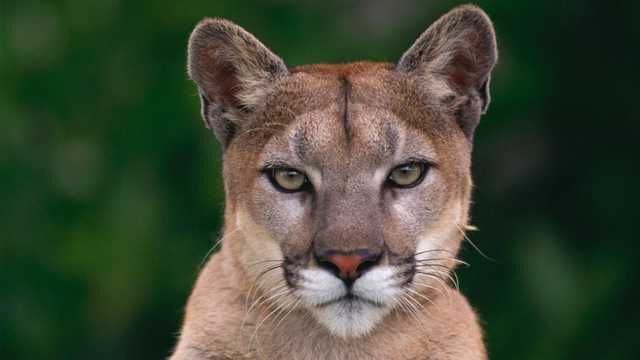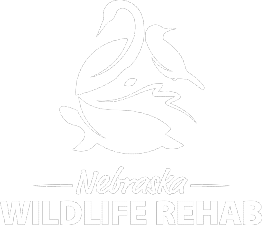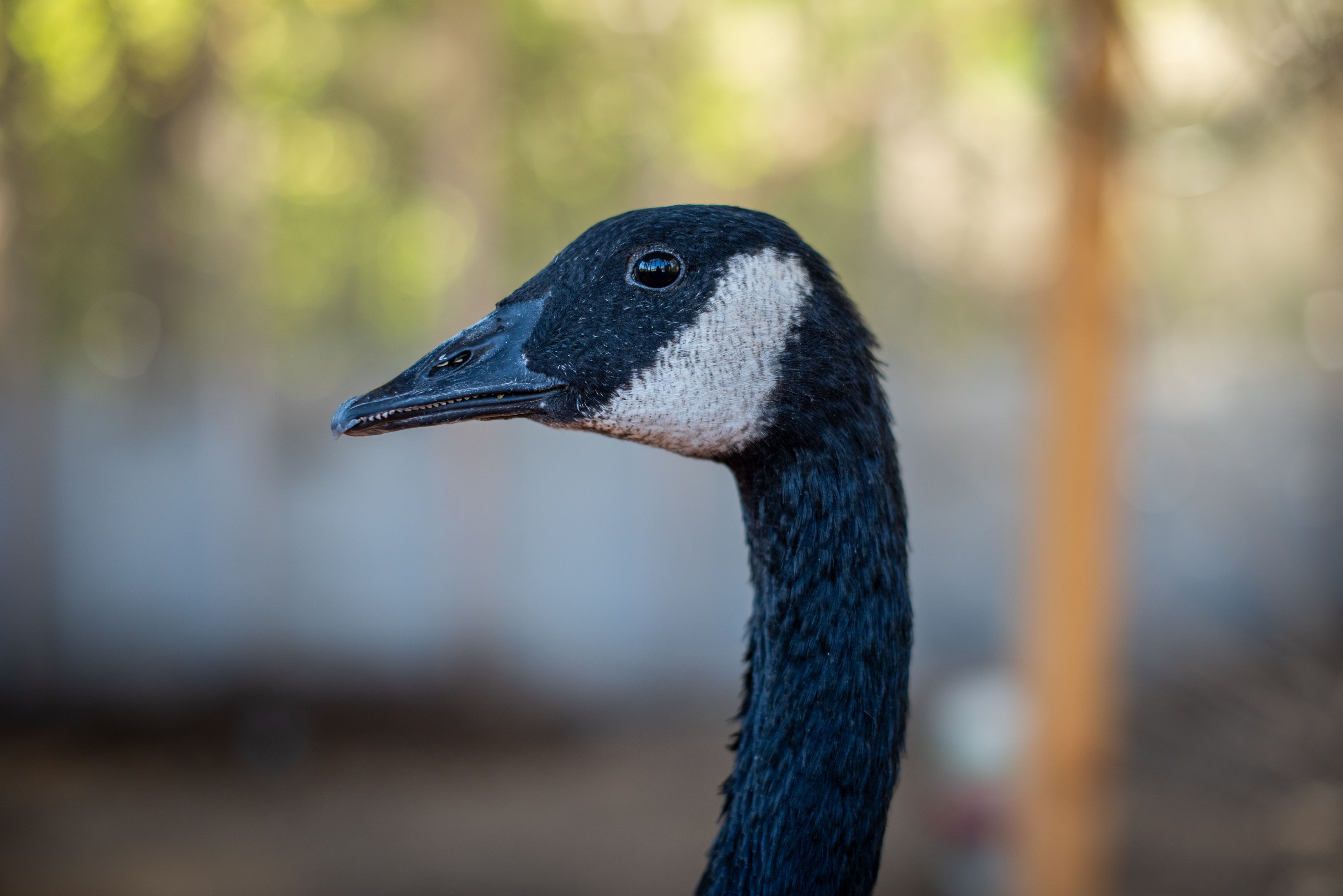
Many people have been calling and writing to ask our stance on the mountain lion who is working his way through Omaha right now. We did give an interview yesterday, but what aired didn’t provide the full context of the message we’d like to get out. We’d like the opportunity to give you our thoughts and provide you, our supporters, with some context. First, it is important to note that NWR does not condone the killing of mountain lions that pose no threat to humans. We do believe there are non-lethal methods for dealing with large carnivores in urban settings that have been proven to work throughout the United States. We will always promote living in harmony with native wildlife and humane solutions to conflicts. We’d also like you to note that although we are native wildlife experts, by permit, we are not allowed to rehabilitate mountain lions in Nebraska.
There is some context though that should be shared and some that may help you understand the broader picture: Nebraska is a state with land that is more than 97% privately-owned. We have very little public land here, and the public land we have is relatively small in terms of territory. That means that when a mountain lion is trapped and relocated onto the small tracts of public land we have, it can quickly and easily move off that land and likely will, due to potential territorial conflicts with other mountain lions and/or the need to return to familiar territory. Once the lion moves, it may have to cross busy roadways or more populated areas or come into conflict with private landowners in that region. That can be extremely disorienting and dangerous for the mountain lion and also create legal liability for the agency that moves the mountain lion.
Although we do not agree with all parts of the mountain lion policy in Nebraska, we do understand the extremely difficult balancing act that state and local agencies have to perform when dealing with mountain lions in populated areas, to promote healthy wildlife populations, and address public concerns.
This mountain lion is behaving “perfectly” right now. He is avoiding humans, travelling at night, and has not hurt anyone or caused any damage. He is moving slowly and cautiously to avoid conflict and keep himself safe. That is why no one has seen him directly and he’s only being observed on security cameras. He is likely moving along waterways, trying to find his own territory in a safe place. What we know about mountain lion behavior tells us that he will not stay in the Omaha metro if he’s allowed to move on in his own time.
So – if you don’t want harm to come to Omaha’s current camera-famous mountain lion, or any mountain lions in our state, what should you do? For this mountain lion, please do not seek him out, track him, or force a human confrontation with him. The best thing we can all do is allow him time and peace to quietly move on. (If you have concerns about pet or human safety while he’s in the neighborhood, check out these tips from the Mountain Lion Foundation - https://mountainlion.org/stay-safe/ )
In the long term, educate yourselves and your friends about the importance of mountain lions and other apex predators to healthy ecosystems. Learn how to coexist with wildlife and demand government policies that protect habitat, create corridors for species that need to travel between habitat areas, and protect our native wildlife. When you have control of land, small or large, create habitat and plant natives and avoid the use of pesticides and non-native plantings when possible. Food webs are intricate and depend on healthy plants and animals at all levels, from insects to mountain lions, and every one of you can make a difference that impacts our natural world.
We love Nebraska and all of the hardworking conservationists and biologists at the NGPC and other agencies and organizations who care about the futures of our native wild species. We need more habitat and public policies that protect wildlife -- and change begins with you.

